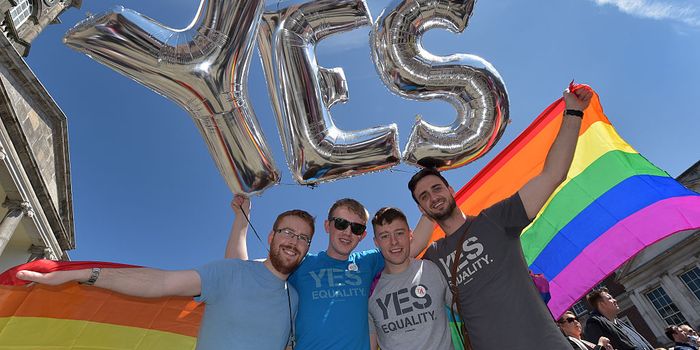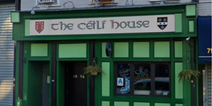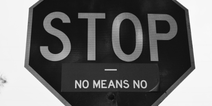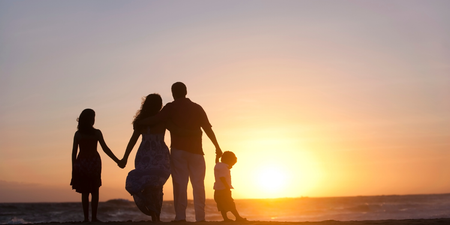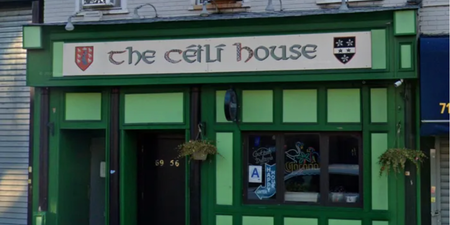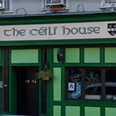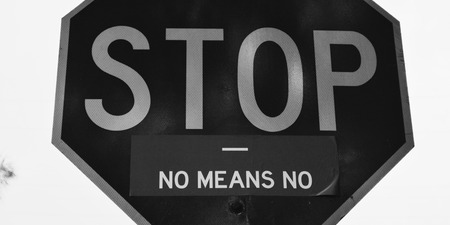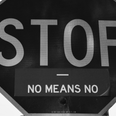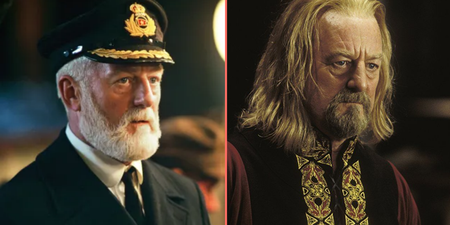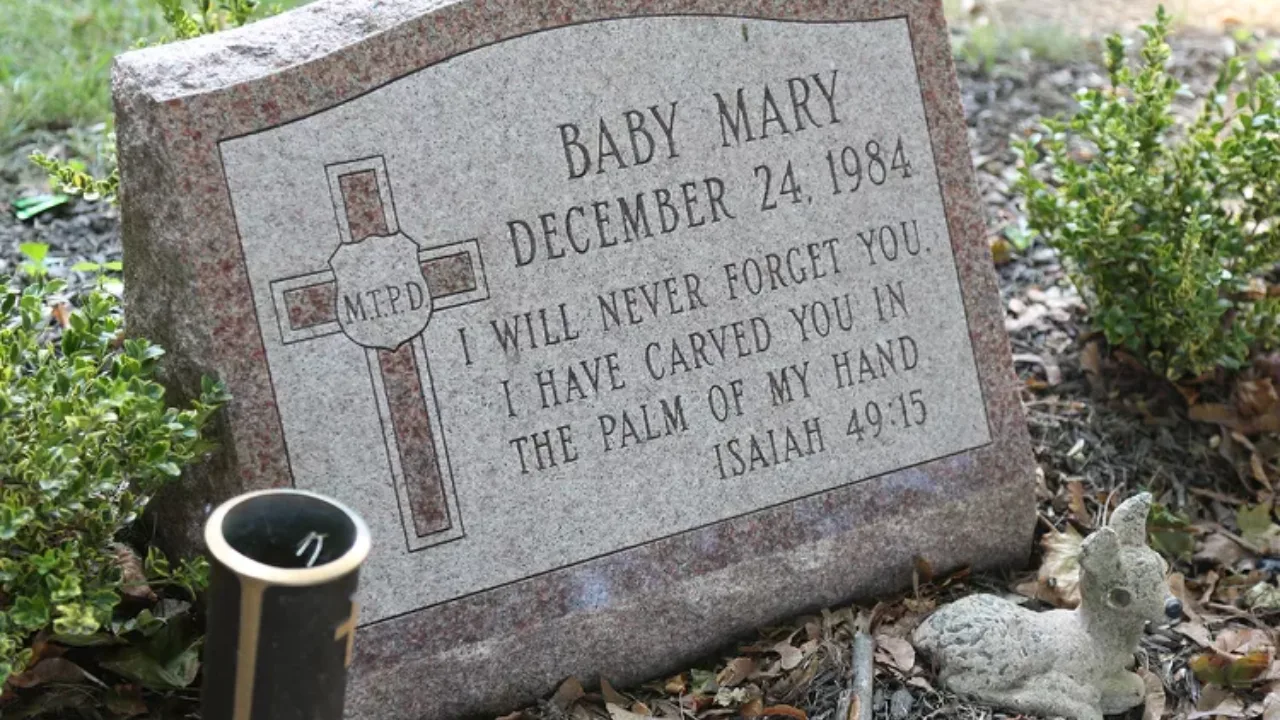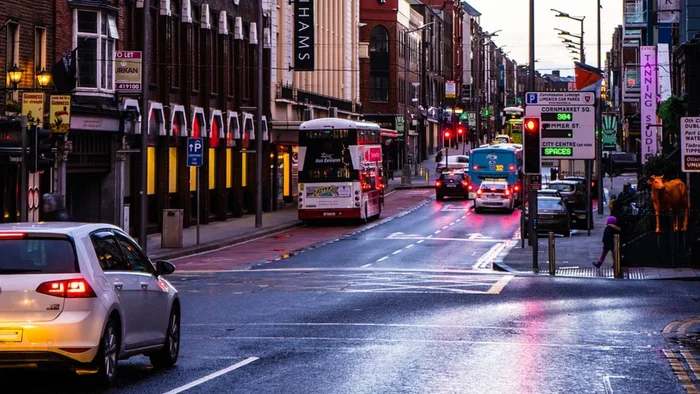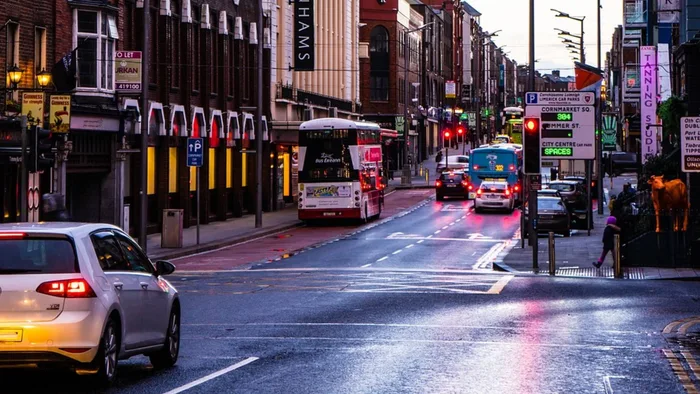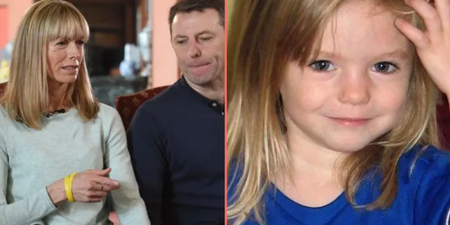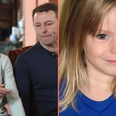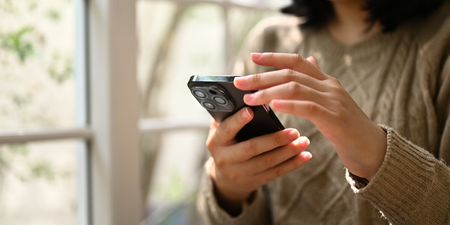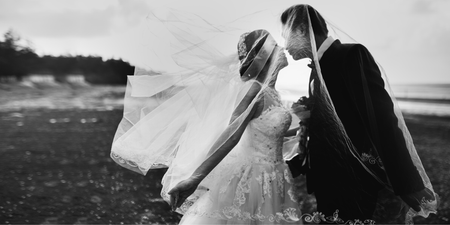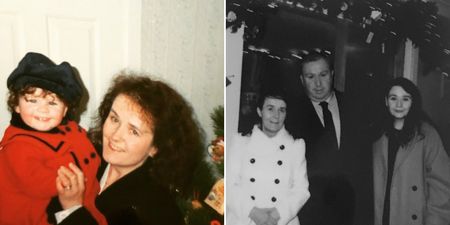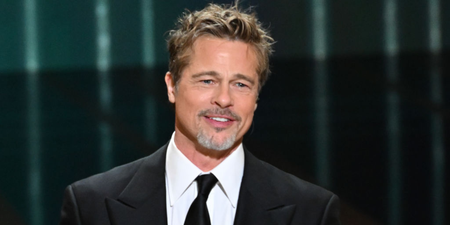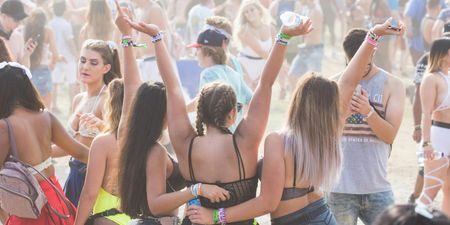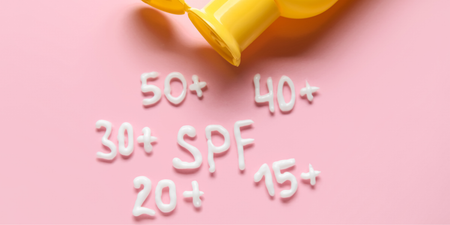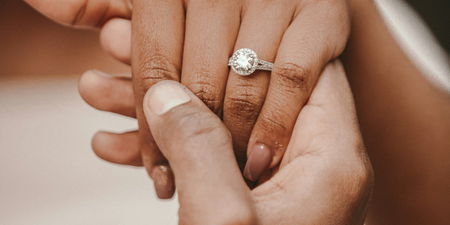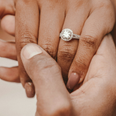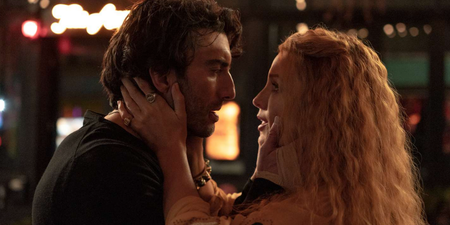Five years ago, Ireland voted yes.
A momentous occasion for the country’s LGBT+ community, as well as those who had dedicated their lives to fighting for recognition.
The Marriage Equality referendum put Ireland on the map when it came to gay rights. As of last year, we were named one of top 20 safest countries for LGBT+ people to travel to, a ranking that we should – and are – incredibly proud of.
But Marriage Equality did not erase the homophobia that still exists in Ireland, and nor did it make a lot of young LGBT+ people’s lives a whole lot easier.
We have a lot to be proud of, but we still have a lot to do.
So, here are five ways that members of the LGBT+ community are still not equal, both in Ireland and around the world.
1. Children of many LGBT+ parents are still not equal
The final parts of the Child and Family Relationships Act 2015 were enacted in Ireland earlier this year, meaning that certain same-sex female couples are now legally recognised as co-parents of their children.
The law, however, does not cover many other LGBT+ parents, including couples with two male parents, those who have used a known donor, reciprocal IVF, surrogacy, or at home inseminations.
The Equality for Children campaign has been fighting for equal rights since last year, eager to ensure that all children are protected by the law, no matter who their parents are.
“We are #StillNotEqual, and our children ultimately suffer the most, unless something changes,” they said.
“We saw how YesEquality brought people together in 2015, because love wins. Now we’re calling on the people of Ireland to get behind us to make magic happen once more.”

2. Young LGBT+ people are still more susceptible to mental health issues
Self harm rates are considerably higher for teenagers among the LGBT+ community, namely due to the fear of rejection that so many are still facing.
A 2016 report commissioned by Belong To and GLEN found that over half (56 percent) of LGBT teens in Ireland have self harmed.
Of the group of 14-18 year olds surveyed, 70 percent also said that they had considered suicide.
Belong To’s Moninne Griffith said that there is almost a “double stigma” that comes with being young and LGBT+.
“Young people find it hard to come out, but then when they do come out, they worry that they’ll struggle with their mental health,” she said in 2018.
“Despite the marriage referendum, there is still a stigma, life is still hard. There’s a lot of work to be done. This fear, whether real or perceived, can be really hard.”
3. Being gay is still illegal in over 70 countries
While same-sex relations have been steadily decriminalised across Europe, it is still illegal to be gay in many countries in the Americas, Africa, and Asia.
According to campaign group 76 Crimes, 73 countries still have anti-homosexuality laws including Sri Lanka, Iran, Singapore, Syria, Kenya, and Barbados.
Most of the legalities concern male same-sex relations, which further stigmatises LGBT+ couples, reducing their relationship to criminal sex acts and nothing more.
You can check out the full list of countries with anti-homosexuality laws here.

4. Most LGBT+ students do not feel safe in Irish schools
73 percent of LGBT+ students do not feel safe in Irish schools, a 2019 study showed.
The research showed that 68 percent of students have heard homophobic remarks from other students, with 48 percent reporting that they heard similar remarks from teachers and staff members.
55 percent of students also said that they heard transphobic remarks from teachers and staff members.
This lack of safety not only affects a student’s ability to focus on their work, but also negatively affects their mental health – an issue that the majority of young LGBT+ people are unfortunately still grappling with.
5. There still exists rampant homophobia in Ireland
Marriage equality may have made love the law, but it did not automatically change the attitudes of many people across the country.
62 percent of people voted yes, but that did not erase the prejudice and discrimination that much of the population still exhibits towards the community.
Former president of Ireland Mary McAleese joined Belong To’s campaign for marriage equality back in 2015 and now, she is still aware of the homophobia that exists today.
In a recent article for The Irish Times, she detailed the hostile attitudes that still exist to make LGBT+ people’s lives difficult in 2020.
“The 62 percent Yes vote was a good start, a big step into that future,” she wrote.
“It offered the LGBT+ community a firm sense of acceptance and gave LGBT+ young people the freedom to dream about a future untroubled by past attitudes and inequalities.
“The hope it generated cannot be underestimated but it left work to be done to make it real.”
